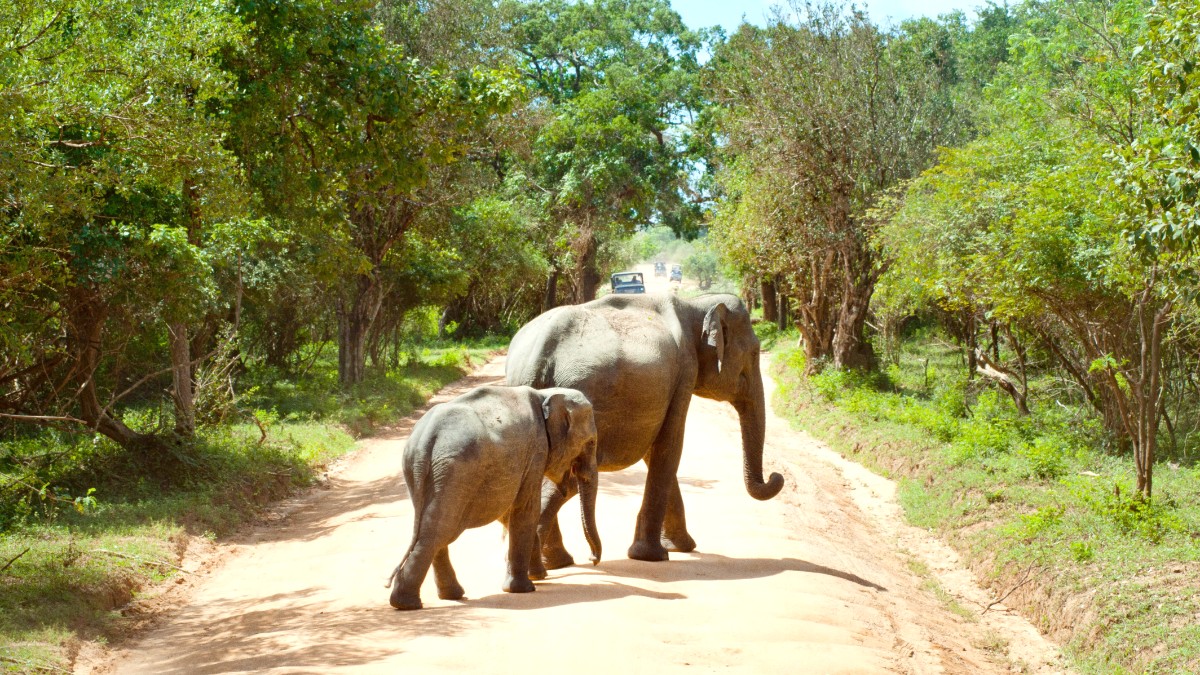
The South, Sri Lanka
Yala National Park is a highly protected area with strict rules to preserve its wildlife and habitats. These rules include speed limits for safari jeeps and adherence to designated routes.
Waste management remains a significant challenge. Minimize plastic consumption using reusable water bottles and shopping bags. Dispose of waste in designated bins; carry it out if bins are unavailable.
Sri Lanka's dry zones face water scarcity. Be mindful of water usage by taking shorter showers. Consider donating to reputable carbon offset programs for your travel emissions.
Support the environment through conscious travel decisions.
Seek out hotels and safari operators committed to eco-tourism. This includes properties that use renewable energy, have waste reduction programs, or support local conservation efforts.
Make conscious choices about the products you use and buy.
Choose operators prioritizing responsible tourism.
Mitigate the environmental impact of your travel.
The Department of Wildlife Conservation (DWC) leads conservation efforts. The Wildlife & Nature Protection Society of Sri Lanka (WNPS) is an independent non-governmental organization.
Support Rainforest ConservationSupporting conservation organizations influences broader conservation efforts.
Find Eco AccommodationsSupport local initiatives for wildlife protection and community well-being. Your choices contribute directly to the health of the environment and local culture. Reduce waste and conserve water.
Ensure your visit has a positive cultural and economic footprint.
Support local craftspeople and cultural initiatives. Always ask permission before taking photos of individuals, especially monks or during religious ceremonies.
Your travel choices directly support local economies and communities. Choose locally owned guesthouses, restaurants, and safari operators.
Choose safari operators who adhere to ethical wildlife viewing practices. This includes maintaining respectful distance from animals, not chasing them, and adhering to park speed limits.
Avoid giving money directly to beggars, especially children. This can unintentionally perpetuate cycles of begging and discourage school attendance.
Seek out shops that promote fair trade practices for handicrafts and local products. This ensures producers receive fair wages and work in good conditions. Inquire about product origins if unsure.
Support artisans directly.
Ensure producers receive equitable pay.
Promotes ethical working environments.
Be vigilant against exploitation. Avoid any activities that involve the mistreatment or inappropriate commercialization of animals or people. Prioritize ethical tourism.
Every interaction and choice influences your journey and the destination. Travel with an open mind and a heart for authentic connection. Contribute positively to local culture and environment.